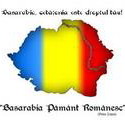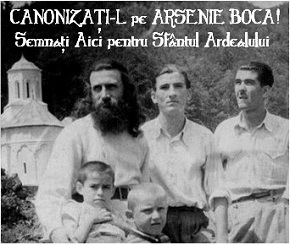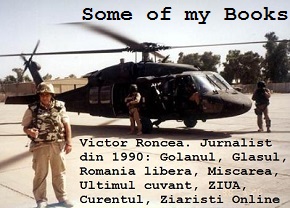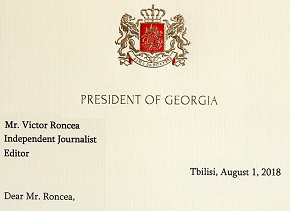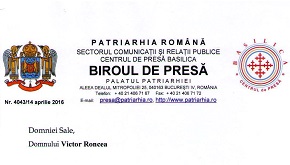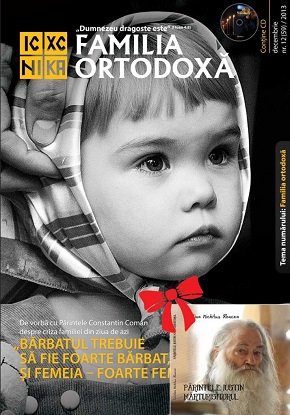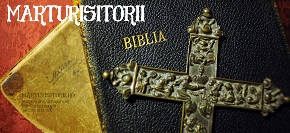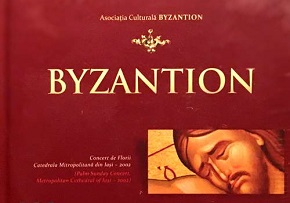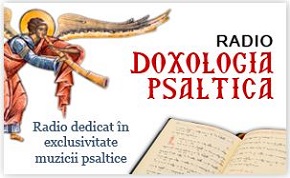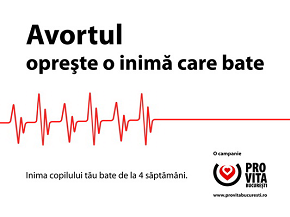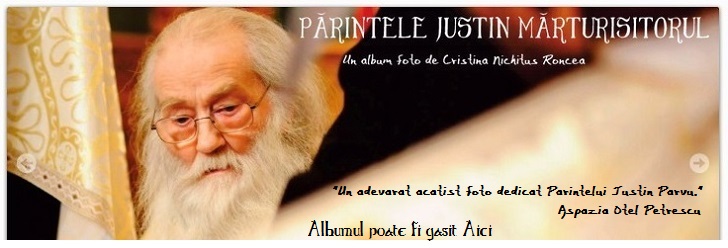Translated into English for the first time, the following ten documents have appeared in publications sponsored by the Romanian Academy of Sciences, the Romanian Ministry of Foreign Affairs and the Romanian National Archives. In all but two cases, the documents were discovered by individuals directly involved with the incidents or present at the meetings whose transcripts are herein reproduced – the Romanian-Chinese discussions by Romulus Ioan Budura, who served at the time of the crisis at the foreign ministry in Bucharest and later became Ambassador to the People’s Republic of China [Documents 1, 3, 4, 6, 9], and Vasile Buga, a diplomat and Soviet specialist often involved in Soviet-Romanian discussions and who later served for many years in the Romanian Embassy in Moscow [Documents 5, 7, 8]. One of the two remaining documents appears in its original German-language version on the website of the Parallel History Project on Security Cooperation [Document 10]. The last is an excerpt regarding the crisis from an interview with Romania’s foreign minister at the time, which has previously appeared in Romanian [Document 2].
Romania played almost no role whatsoever in the Cuban missile crisis. Yet that crisis was critical in reorienting Romanian foreign and security policies in a manner that caused significant shifts in the nature of the Cold War regionally and globally – for example, as attested by its subsequent campaign for nuclear disarmament and confidence-building measures within the Warsaw Pact, and its central role in the Sino-American rapprochement and in the mediation of Egyptian-Israeli relations. Indeed, the Cuban missile crisis constituted one of the turning points that determined the character of Romanian independent policy for the rest of the Cold War.
Bucharest’s early independent initiatives were poorly understood in Washington during the first half of the 1950s and for almost a decade thereafter.[i] Initially, such initiatives were dismissed, ignored or assimilated into prevailing paradigms dominated by a cognitive bias dating from the 1940s that Romania was the “least able” or likely to challenge Soviet domination.[ii] It was not until 1963 that the ostentatious nature of that defiance finally (if only temporarily) overrode US intelligence doubts.[iii] Given the hesitation and delay with which Romanian policy reorientation was recognized in the US, a decade after its first manifestations, it is hardly surprising that the even more consequential transformation following the Cuban Missile, during 1963 especially, also escaped notice by the US intelligence and academic communities. Within a year of that crisis Romanian policy experienced a tectonic shift from the mere reassertion of national control over institutions and policies to the containment of Soviet military might regionally and globally.[iv]
A Troubled Relationship: 1954-1961
Within 48 hours of Stalin’s death, on 5 March 1953, Romania leader Gheorghe Gheorghiu-Dej told the Politburo of the Romanian Worker’s Party Central Committee that the Soviet advisors who ran the economy “must hand over the functions they have held up to this point to representatives of our own country.”[v] Concurrently, he lobbied Moscow insistently for the closure of the Soviet-Romanian joint ventures (SOVROMs), describing them as purely exploitive and “no better” than capitalist institutions, an opinion which had gotten him into serious trouble in 1947.[vi] [Documents 4, 5] As Khrushchev rightly observed, “for Romanians, ‘SOVROM’ was a curse word.”[vii]
Integral la e-Dossier No. 38 – Romania Security Policy and the Cuban Missile Crisis

Cititi de Larry Watts si
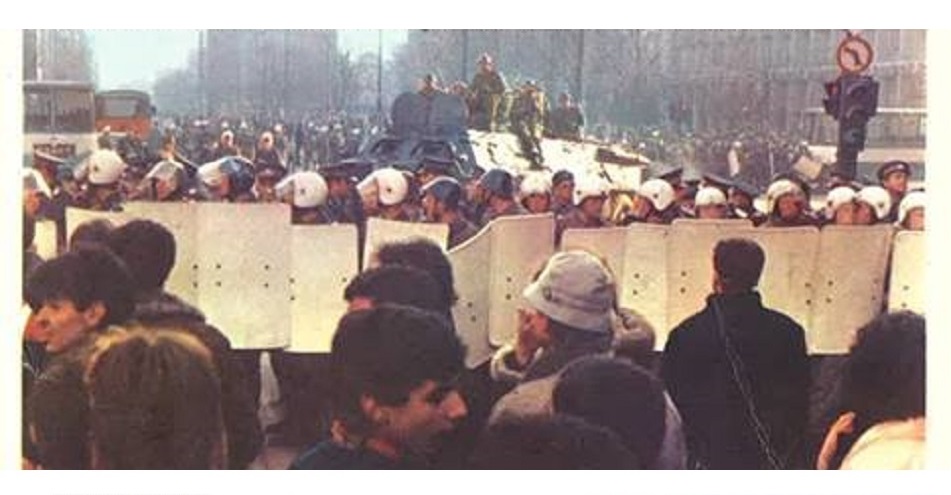
 April 22nd, 2013
April 22nd, 2013  VR
VR 
 Posted in
Posted in  Tags:
Tags: 